Urban Studies Community
Interview: What can we learn from Corona? Fran Meissner and Frans Willem Korsten
Geplaatst in NewsFlash, Urban Studies.
We’ve asked Fran Meissner and Frans Willem Korsten for their view on the Corona lock down, and what its effects are on cities, from their perspective.
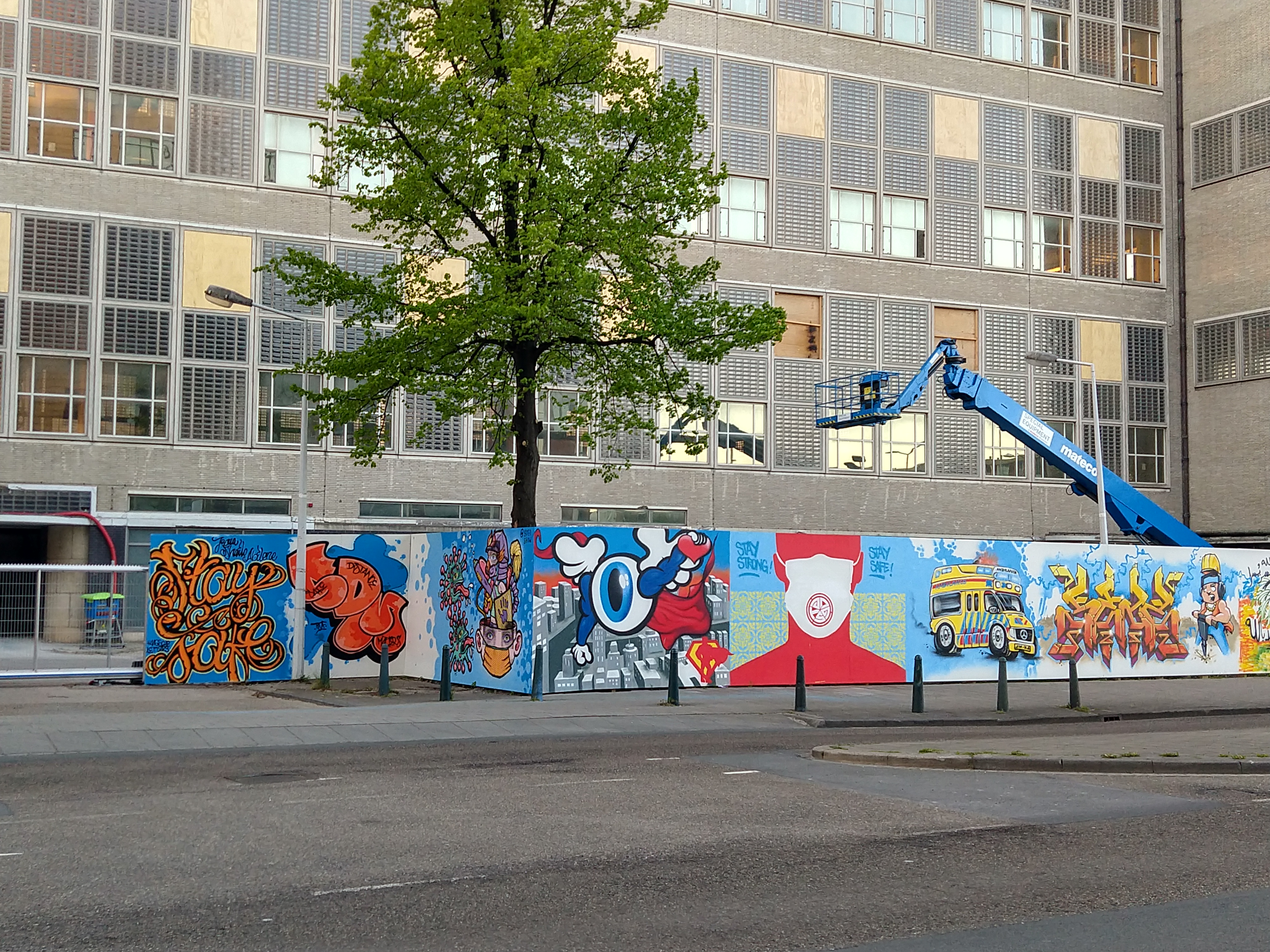
Read below about their views:
How did cities change during the Corona lock-down?
Fran: There are very different changes, in various different cities. I think one of the most impressive changes, in part due to the closure of shops and other facilities that people used to use on a daily basis, we’re seeing an extreme change of urban mobility. And with this I mean both inter-urban and intra-urban mobility changes. So, mobility changes within a city and in-between cities. But there are other ways that the city as a social space is changing – signs saying ‘Blijf thuis’ (stay home) – for example are contrasted in the Netherlands by a lot of people still moving about, which says something about the notion on what ‘home’ is creatively re-intepreted thse days.
Frans Willem: In my opinion: it’s all quite eerie. We think we live in a time of maximum visibility, but now we have proof we’re actually living in a time of minimum visibility. You see this in the numbers of deaths in the different regions and cities, they are invisible. We only have anecdotes to play with. In a sense, this is the destruction of political bodies, as they always have been. We’re living in a complete compartimentalized world, where we have to keep distance to one another. Let’s notice the paradox of maximum mediatization and maximum invisibility.
Fran: Indeed. If you’re thinking of the visibility and invisibility distinction, you have a mediatized image of bodies being carried away in army trucks out of Bologna. This is an image from Bologna, it’s not happening like this everywhere. But it is, however, shaping how our day to day interactions are happening. It’s altering our social interactions, and our way to deal with these emergencies.
And in some ways this is a political tool, to a certain degree. It has an effect on the trust people have in the system. Maybe without these images, the trust levels would be very different and people would react differently to the limitations that are being put up onto them, or to their businesses. The very basic foundation of cities is the idea that we have an agglomeration of economic activities. That we have a density of people in a particular space, using these economic activities. Many of these foundations are being cracked open – and we don’t know for how long.
What can we learn from the Corona Crisis?
Frans Willem: It is way too quick to be able to say what we can learn from this. We haven’t even sensed yet what it is. We’re in the middle of this “experiment”, and nobody knows the outcome. Let’s first sense what we’re in, before making any expectations. There are so many things going on at the same time. People are changing their behaviour instantly.
Fran: I agree. There are a lot of things that we can learn from this, but we simply do not know them yet. We can use this time as an experiment, and might learn from the data that we gather from before and during this time.
On the one hand I see a completely gloomy picture, and on the other hand leaning on hope, to seeing all the solidarity that is emerging in urban areas – where everyone sings together on balconies for example, creating new forms of collectivity and online spaces, inter online mobility. All new kinds of things that are happening, bad and good.
But between these two, there seems to be very little discussion. What will happen is that we’ll look and research different cities, to see which of these cities were able to perform better than the other ones – which were more resilliant. But what I’m hoping is that we’ll learn out of this, is to more critically ask what this ‘better’ actually is. Is it ‘maintaining the economy as it was before’? Or is it that the city was able to create public spaces that were accessible to all? Or something completely else? We’ll have to be careful not to take the same old measures of improvement as we did before.
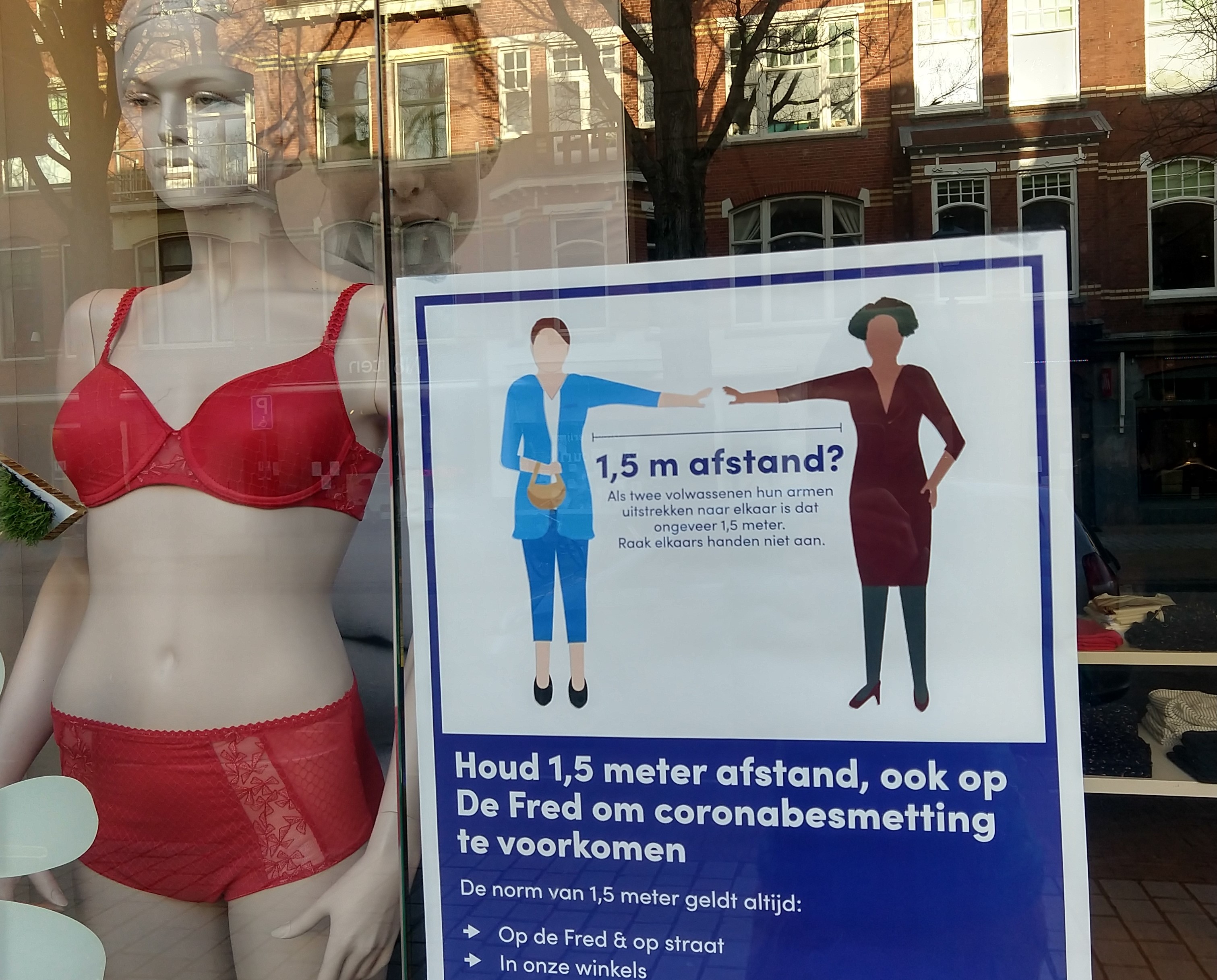
How can the Corona Crisis be seen from a multicultural perspective?
Frans Willem: Corona is sharpening the edges of multiculturality. Talking about invisibility; there is ample evidence at the moment that African Americans in the United States are struck way more than other groups. In the Netherlands, schools a closed. What does that mean in terms of parents being able to teach their children? This sharpens everything, and it certainly does not facilitate a closer coming together of different cultural communities.
Fran: As someone who is interested in migration and how it affects the city, I’ve been noticing that there is a heightened sense of xenophobia and it is also abundantly clear thatcertain groups that are over represented in socio economically weaker groups are harder hit because of structural inequalities that we have been dibating for a long time. Also because of already preexisting weaknesses within the health system, even in the Netherlands.
What worries me also, is that we are living exceptionally parallel lives. There is those of us who are able to work from their office-homes (I refuse to call them home-offices anymore.) and who have this relative sense of security. Their way of moving through the city is very different to someone who is still going to his/her daily job. People who are living at home alone as they’re in the ‘risk category’, or someone who’s at home with their whole family, they both are going to be taking government measures in a different way. Their experience of the city is of two or indeed multiple distinct cities. This matters because those differences align eerily with pre-existing ppatterns of urban social-segregation..
Frans Willem: Yes, and the changes are so rapidly. What I’m hoping for, is that some point populists will get tired, and will have enough of it. I’m looking forward to the moment when people will say: I’ll lead my own life and decide for myself. I, for example, I would refuse to use a face mask, even if the government will make them obligatory.
What are the learnings when we talk about Safety in the city?
Fran: If you’re looking at urban crime report, you will see that to a certain extend there is reduced exposure to crime. Simply because there’s not so many crimes to commit anymore, nobody to pickpocket, no empty places to burgle. But assuming things might get back to normal, you can actually assume that also crime will get back to ‘normal’.
Frans Willem: For this question, I’d like to distinguish what kind of crime we’re talking about. For example, cyber crime is way higher than it has ever been. Google, Facebook, Zoom… are they partly criminal organizations?
Fran: I find that we need to be extremely vigilant, as urban scholars, in terms of what kind of infrastructure of data collection are getting built up and normalised now. For example if you’re thinking of these apps that are built in the Netherlands, where every ethical consultant has basically jumped off the project. Let’s not normalise these measures that are being put in place.
Fran: And there are now larger percentage of the population who may now be unemployed and without the social support networks that they had before, who now may have a higher incentive to commit a crime. We shouldn’t forget that much of the complexity of how crime is spatially distributed in the city is about how we define it. For example, in Italy, where a very large part of the GDP is coming from the informal economy, urban regenegation after the crisis will need to engage in a different way with how informal activities are reinveted.. But, you know, going back my earlier point in this interview; there’s simply a lot of things we don’t know.
But here, some of the social science work or the overlapping interdisciplinary work that we are doing at urban studies would be extremely helpful. Let scientists teaching in the healthy city and the Sustainable city track talk to the ones teaching on topics such as the multicultural city and safe city. The devide between the hard sciences and social sciences can be broken open.. This is extremely relevant to how people engage socially. Looking out of my window, which I do a lot at the moment, I see an extreme fatigue of people sticking to the rules – even if they might epdimolgically sensible. For example, people putting out their carpet and couch on the street, expanding the ‘rule’ of ‘staying home’ – just about keeping the 1,5-meter distance rule. These social processes that are happening do have an impact on the ‘healthy cities’ that we might be able to see. I hope that our students will eventually see some of these intercepting lines, as they are really are becoming quite relevant.
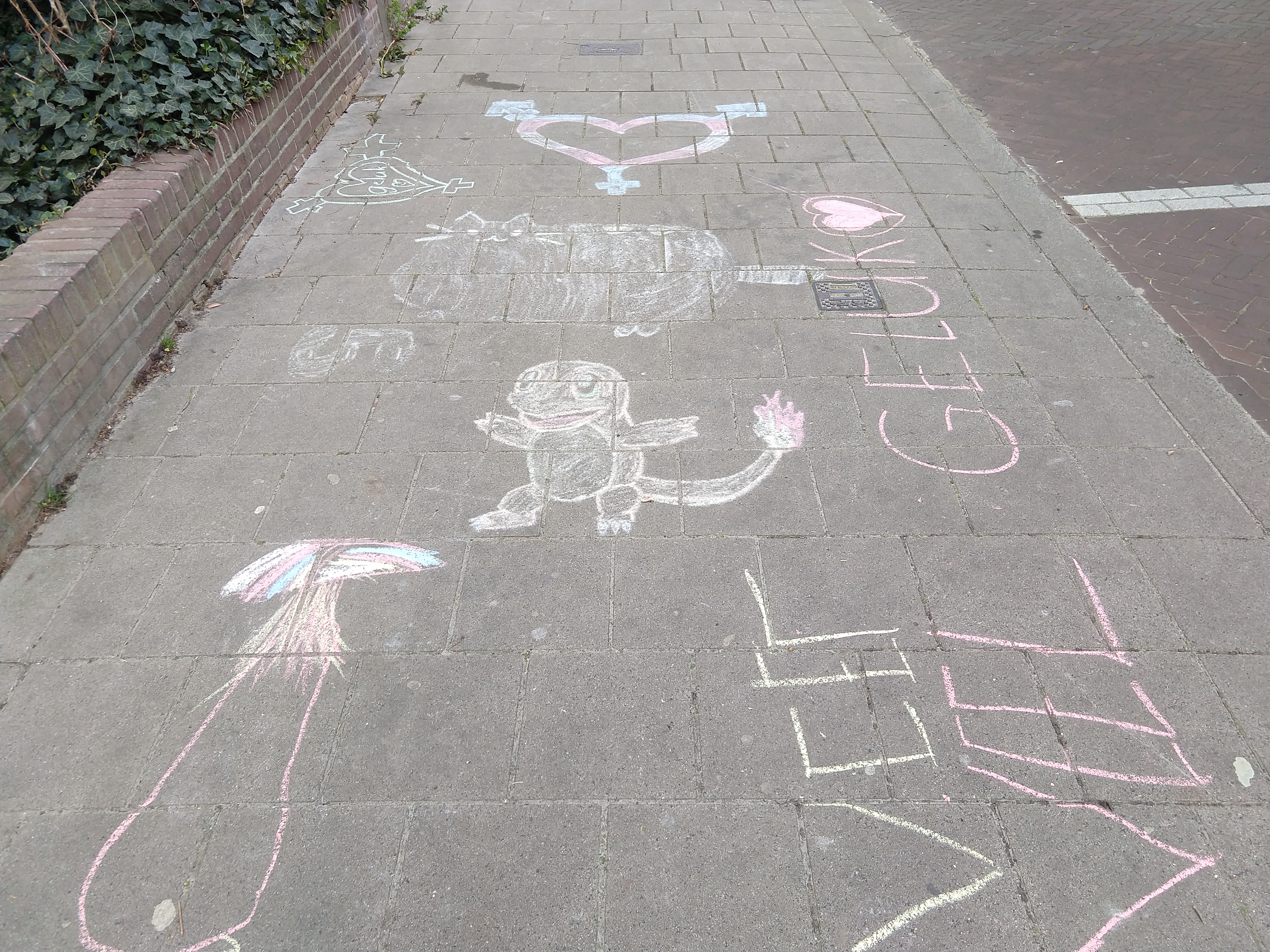
What might be a positive effect of the Corona Crisis, from your point of view?
Frans Willem: Everything we took for granted, is no longer to be taken for granted anymore. Like having a cup of coffee with someone, or a party. People will re-think the value of ‘normal’ things. I refuse to use the term ‘new normal’ – it will go back to the real normal, and this will be recharged for all of us. Normal will have its value again, and it will be worth fighting for.
Fran: I think we will come out of this, rethinking questions of sustainability, questions of resilience. Rethinking all kinds of questions. And this will lead to a heightened sense of what it means to be a critical thinker. That’s my hope.
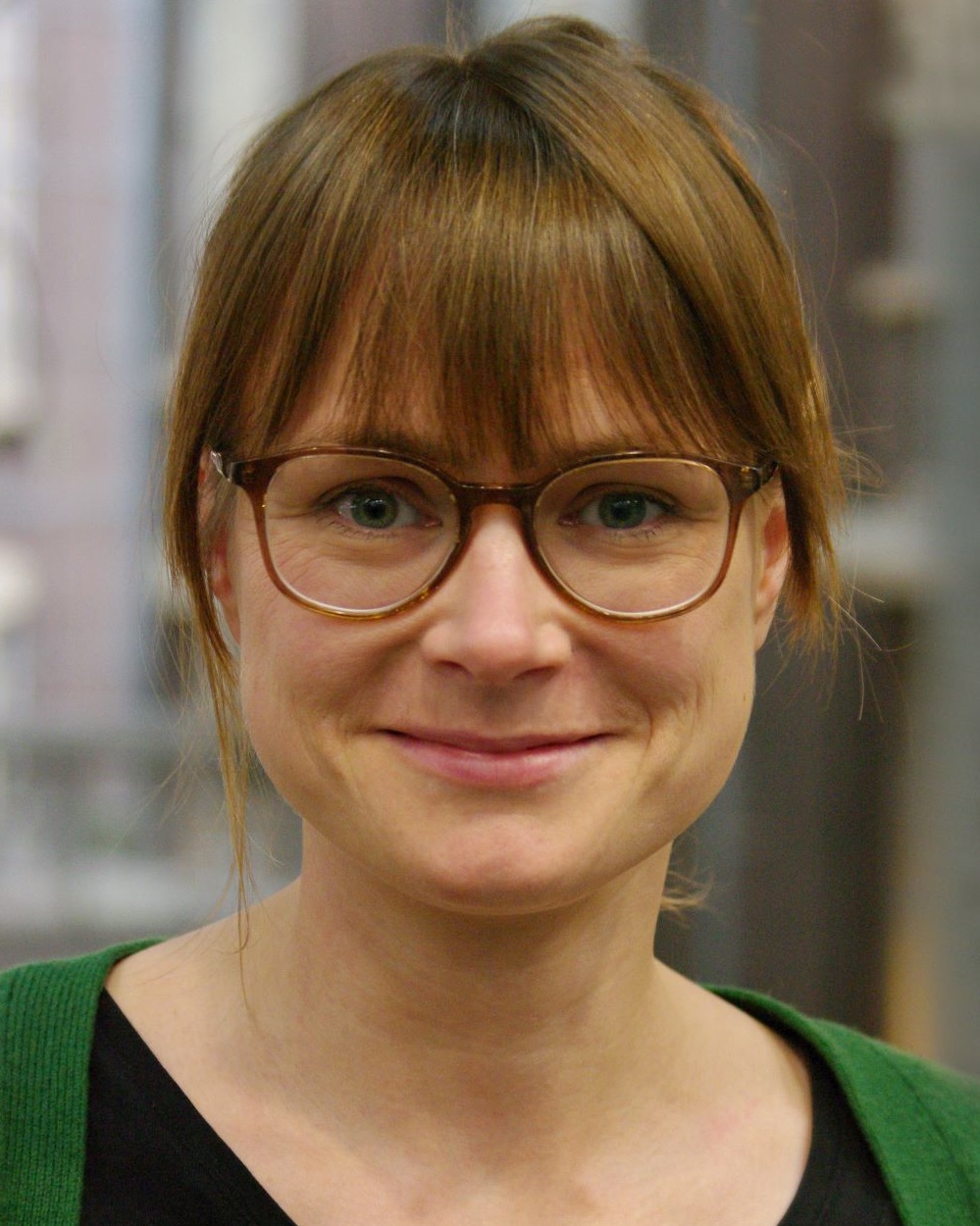
Fran is an Assistant Professor at the Institute for History. Her main research interest is focused on urban social configurations and how these are transformed through international migration.
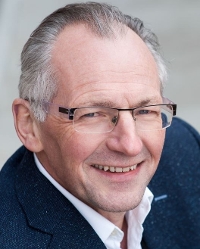
Frans Willem is a Senior University Lecturer at the Leiden University Centre for the Arts in Society.
